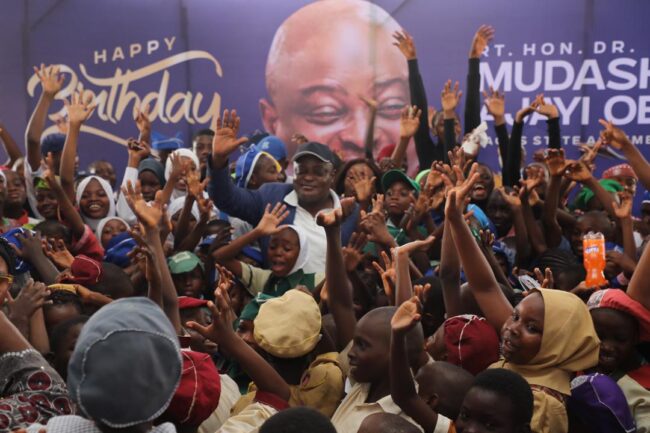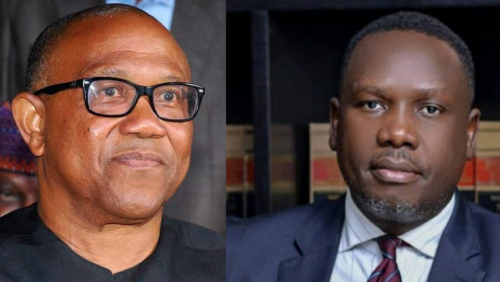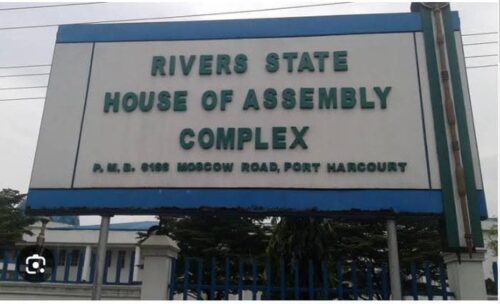Nigeria’s telecom services are at risk of nationwide disruption as approximately 800 workers from the Private Telecommunications and Communications Senior Staff Association began a strike on Monday.
The union, primarily comprising contract staff, has warned that failure to meet its demands will result in significant disruptions to telecom operations, potentially leaving millions of subscribers without service.
The union’s key demands include:
– Reinstatement of sacked workers
– Recognition of the union
– Improved working conditions
– Remittance of membership dues
The strike has become inevitable because of the prevalent precarious working conditions our members are enduring in the sector, the refusal of the employers to recognise and respect the constitutional right of these workers to freely associate with the union, and the unjust sack of three members of the union,” it stated in its seven-day strike notice.
The union’s Secretary-General, Okonu Abdullahi, said the association’s 800 workers play a significant role in managing critical infrastructure like base stations for infrastructure companies such as IHS, Huawei, etc.
“The implications of the strike will be massive because we have told all our members not to respond to any service outage from our employers. The fact remains that there are outages every day, and if our engineers do not respond to those outages, subscribers in those areas will be affected,” he said.
He said members of the union include field maintenance engineers, transmission engineers, customer service engineers, fibre engineers, and other critical staff working for telecom service companies.
The culpable companies include among others, Huawei Technologies Nigeria Limited, Tylium Nigeria Limited, Specific Tools & Techniques, CPNL (Chinese Pacific Networks Limited) and CITCC (China International Telecommunications Construction Corporation), JUSPARTNER.
Telcos like MTN, Globacom, Airtel, 9mobile own base stations and fibre infrastructure but often outsource management to servicing companies.
These companies, in turn, sometimes subcontract the work to smaller contractors, who employ the striking workers. This complex web of outsourcing has led to concerns about worker welfare and job security.
The telecom union had in April embarked on a similar strike over a similar situation, which was resolved through a reconciliatory meeting convened by the Ministry of Labour between the union and the telecom servicing companies.
According to the PTECSSAN secretary, “The labour ministry had intervened in our previous industrial action, but unfortunately, the companies are still repeating the same issues, which have now escalated because we have more members participating in this strike.”
When asked if the Federal Government or the companies have engaged with the union on the current industrial action, he said, “We have given them ample opportunity to address our demands, but they have chosen to ignore us. If they continue to neglect our grievances, we will have no choice but to take more drastic measures.”
The officer in charge of the telecoms sector at the Ministry of Labour, Princess Powei, acknowledged the workers’ concerns and assured that the government is committed to resolving the issues promptly.
Powei who was part of the team that resolved the previous strike by the workers in April, stated, “One thing I can assure you is that the strike will not linger. I will start making calls now to see what we can do to ensure that the grievances are addressed.”
In a phone conversation with our correspondent, a top Huawei official from China, identified only as Bruce, denied that any of his team members were participating in the ongoing strike by the PTECSSAN.
Bruce stated that all employees were working in the office and had not received any notification about the strike.
“As far as I know, everyone is working, and I don’t think anyone is involved in this,” Bruce said. “However, I will verify the situation with my team.”
When questioned about field workers, the Huawei representative acknowledged that they might be impacted by the strike, but clarified that they were not directly employed by Huawei. Instead, they were part of subcontracting teams.
In April, when the union embarked on a similar strike, The Punch reached out to Gbenga Adebayo, Chairman of the Association of Licensed Telecom Operators of Nigeria, for comments. He stated that the union was unknown to mobile operators, saying:
“This group is not known to us in ALTON, and the companies mentioned are not members of ALTON. ALTON subscribes to freedom of association, and we are open to dialogue for the greater good,” he said in a chat.
The union was asked if it had any recognition or affiliation with the telcos; Abdullahi responded, “We’ve tried to contact ALTON, but they’ve never made themselves available to discuss issues with us.
“We wrote to them in 2020 and 2021, sent reminders, and even followed up with calls, but they always had excuses, such as their chairman being out of the country. We’re wondering why they’re ignoring us, especially since they’re aware of our existence,” he said.
According to The Punch, the President of the Association of Telecommunications Companies of Nigeria, Tony Emoekpere, said that he was not aware of the matter regarding the potential strike by telecom workers, as the union is not affiliated with the association.
However, Emoekpere emphasized the critical importance of protecting the telecom sector, saying, “Telecom services have become a critical infrastructure that must be safeguarded at all costs.”
He further stressed that the telecom industry is a vital asset to the country, adding, “Anything that jeopardizes its functionality must be protected. We cannot afford to compromise the stability of this essential sector.”
Credit: The Punch


 BIG STORY3 days ago
BIG STORY3 days ago
 BIG STORY4 days ago
BIG STORY4 days ago
 BIG STORY4 days ago
BIG STORY4 days ago
 BIG STORY3 days ago
BIG STORY3 days ago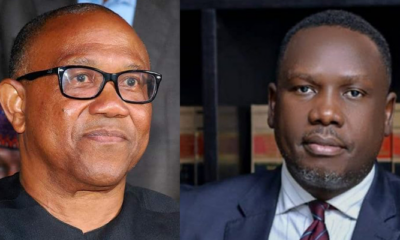
 BIG STORY2 days ago
BIG STORY2 days ago
 BIG STORY4 days ago
BIG STORY4 days ago
 BIG STORY4 days ago
BIG STORY4 days ago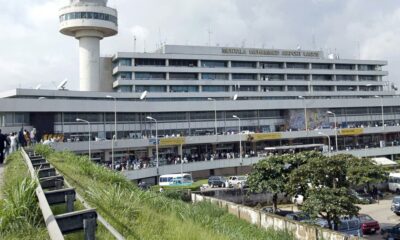
 BIG STORY4 days ago
BIG STORY4 days ago



















